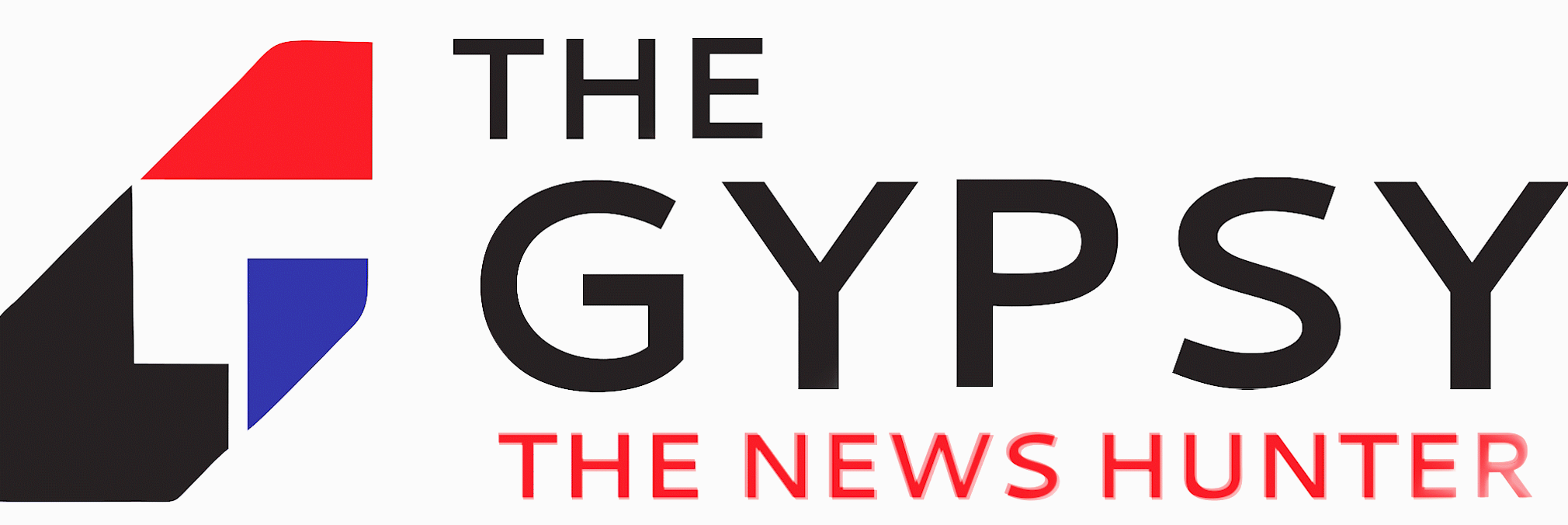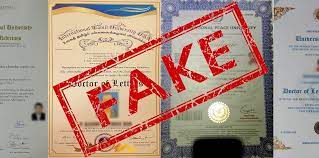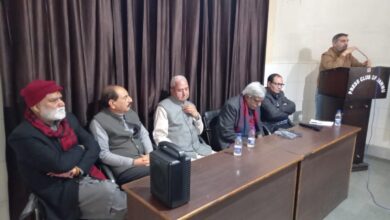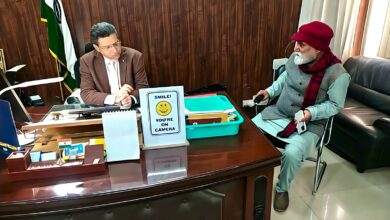Citizen ReportingCitizen Reporting JKLEdit & OpinionEducationFeature StoriesJ&K UTJammuJK & LadakhOpinion
Trending
The Menace of Fake Degrees in Education : Undermining Integrity and confidence of teachers

By Devraj Thakur
The promotion of teachers based on fake degrees poses a severe threat to the integrity of the education system and, consequently, to society at large. When educators obtain and utilize fraudulent credentials to advance their careers, it erodes the very foundation upon which a robust educational framework rests.
Firstly, the use of fake degrees to secure promotions deceives educational institutions, administrators, and students alike. It creates a false impression of a teacher’s qualifications, expertise, and experience. This deceit undermines the merit-based system that should govern academic and professional advancement. Genuine skills, hard work, and dedication are sidelined, leading to unfair advantages for those who manipulate their credentials, often at the expense of more deserving candidates.
The detrimental effects of this practice reverberate throughout the educational ecosystem. Students, the primary beneficiaries of education, suffer when underqualified or ill-prepared teachers occupy influential positions. Such educators lack the necessary knowledge, pedagogical skills, and ethical grounding, ultimately compromising the quality of education imparted to young minds. This deficiency can hinder students’ academic growth, critical thinking abilities, and overall development, impacting their future prospects and contributing to a weakened society.
Furthermore, the proliferation of fake degrees among educators fosters a culture of dishonesty and undermines the ethical fabric of education. It sets a deplorable precedent, signaling that shortcuts, deceit, and manipulation are acceptable means to achieve success. This erosion of ethical standards not only impacts the teaching profession but also permeates society, where such practices might extend beyond education into various other fields and professions.
The systemic damage caused by the promotion of teachers with fake degrees is not confined solely to the classroom. It tarnishes the reputation of educational institutions and diminishes public trust in the education system as a whole. Parents, students, and society lose faith in the credibility and reliability of diplomas and certifications. This erosion of trust creates a ripple effect, impacting enrollment rates, funding allocations, and the overall perception of the value of education in society.
Addressing the issue of fake degrees in teacher promotions demands a multifaceted approach. Educational institutions must strengthen their verification processes for credentials, employing stringent measures to authenticate qualifications. Regular audits and checks should be conducted to ensure that educators possess legitimate degrees and certifications. Additionally, creating awareness campaigns and emphasizing the importance of ethical conduct and merit-based promotions can foster a culture of integrity within the education sector.
Moreover, legal frameworks need to be fortified to penalize those involved in the production, distribution, or utilization of counterfeit degrees. Stricter laws and severe consequences for offenders would serve as a deterrent, curbing the prevalence of fraudulent credentials in the education sector.
The proliferation of fake degrees within the education sector poses a substantial threat to the careers of genuine teachers. The practice of obtaining promotions based on falsified credentials not only undermines the credibility of the education system but also jeopardizes the quality of teaching imparted to students. As such, it is imperative to devise stringent measures and strategies to combat this pervasive issue.
Enhanced Verification Processes: Implementing rigorous verification protocols for academic credentials during the hiring process and subsequent promotions is critical. Educational institutions and education departments should collaborate with credential verification services or use technology-driven solutions to ensure the authenticity of degrees and certifications held by teachers.
Regular Audits and Checks:
Conduct periodic audits and checks on teachers’ qualifications, especially during the promotion or tenure evaluation processes. Random verification of academic documents can serve as a deterrent against the use of fake degrees.
Educational Awareness Campaigns:
Launch awareness campaigns to educate teachers, administrators, and stakeholders about the repercussions of using fake degrees. Highlight the importance of maintaining educational integrity and the severe consequences of misrepresenting qualifications.
Stringent Penalties and Consequences:
Establish severe penalties, including termination of employment, for individuals found guilty of possessing or utilizing fake degrees. This deterrent can dissuade others from attempting to manipulate their qualifications.
Promotion Criteria Reform:
Revise promotion criteria to include a holistic assessment of a teacher’s performance, professional development, and contributions to the field of education. This shift can reduce the reliance solely on academic qualifications and encourage continuous professional growth.
Standardization and Centralized Database:
Develop a standardized system or centralized database that securely maintains authentic educational records. This centralized repository could assist in cross-referencing qualifications and preventing the use of forged documents.
Ethical Training and Integrity Programs:
Introduce mandatory ethical training and integrity programs for educators at various career stages. These programs can emphasize the significance of ethical conduct, honesty, and maintaining the integrity of the education system.
Collaboration with Accreditation Bodies:
Forge partnerships with accreditation bodies to ensure that institutions offering degrees and certifications meet stringent quality standards. This collaboration can help in authenticating legitimate educational institutions and their programs.
Whistleblower Protection and Reporting Mechanisms:
Establish whistleblower protection mechanisms to encourage individuals to report suspected cases of fake degrees without fear of retaliation. Reporting channels should be easily accessible and confidential.
Continuous Monitoring and Adaptation:
Regularly assess the effectiveness of implemented measures and adapt strategies to counter emerging methods of degree forgery. Continuous monitoring is essential to stay ahead of fraudulent practices.
In conclusion, the prevalence of fake degrees poses a significant threat to the credibility and quality of the education system. Addressing this issue requires a multifaceted approach that combines stringent verification processes, educational awareness campaigns, reforming promotion criteria, penalties for offenders, and collaboration with accrediting bodies. By implementing these measures, educational institutions and departments can safeguard the integrity of the teaching profession and ensure the advancement of genuine educators based on merit and expertise rather than fraudulent qualifications.
The use of fake degrees in the promotion of teachers jeopardizes the very essence of education and undermines societal progress. It compromises the quality of education, erodes trust, and perpetuates a culture of dishonesty. To safeguard the integrity of education and preserve societal values, concerted efforts from educational institutions, policymakers, and society at large are imperative to root out this menace. Only through collective action and a firm commitment to ethical principles can we fortify our education system and foster a brighter future for generations to come.
This article is a wake-up call, that we must face this abhorrent phenomenon. Hopefully, others will join me in the campaign against this epidemic, whether on social media platforms, newspapers, television, or other media channels. This threat is immense, for the present as well as the future.
(The author is National Internal Auditor , Akhil Bhartiya Rashtriya Shakshik Mahasangh – Delhi India)
Contact @ [email protected]







